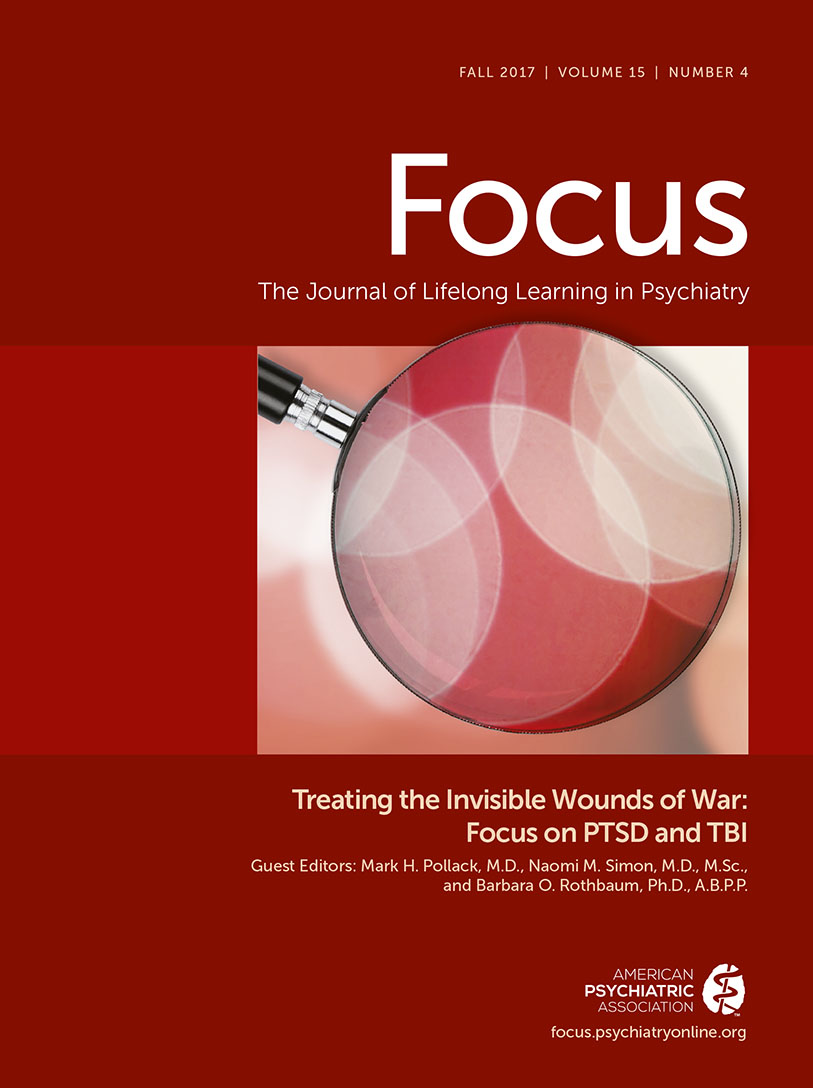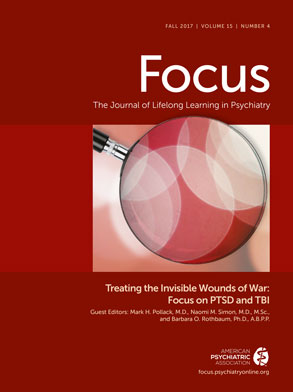Opioid use has increased significantly among pregnant women over the past several years, paralleling that of the general population. In fact, the prevalence of opioid use disorder (OUD) in pregnancy increased by 127% from 1998 to 2011 (
1). The established standard of care for OUD in pregnancy has long been medication-assisted therapy (MAT) with methadone. The use of methadone in pregnancy is key to avoiding negative maternal and fetal outcomes related to OUDs, including inadequate prenatal care (
2), maternal relapse, preterm labor and birth, intrauterine growth restriction, and fetal demise (
3). Of particular importance is preventing repeated cycles of opioid intoxication and acute withdrawal, which create a surge of maternal catecholamines, uterine contractions, and decreased blood flow to the placenta (
4), ultimately resulting in placental insufficiency and potential loss of the pregnancy (
3).
Methadone maintenance has been associated with positive outcomes for both mother and infant. However, it is also associated with neonatal abstinence syndrome (NAS), or hyperactivity of the central and autonomic nervous systems, manifested by gastrointestinal and respiratory symptoms in the infant (
5). In addition, adherence to a methadone maintenance program can be difficult for a pregnant mother, given not only the societal stigma associated with methadone clinics but also the requirement for daily visits to the clinic to receive medication. With the introduction of buprenorphine-naloxone for maintenance treatment of OUD, the need for daily clinic visits was eliminated, and there has been increasing interest in the possibility of buprenorphine for MAT for pregnant women with OUD. It is important to note that the buprenorphine-naloxone combination is not recommended for pregnant women, given the risk for opioid withdrawal if the medication is injected rather than taken sublingually (
6); thus, the focus has been on use of buprenorphine monotherapy.
Three randomized controlled trials have compared the use of buprenorphine to methadone for OUDs in pregnancy. Overall, buprenorphine performed quite favorably with, and in some areas superior to, methadone. Specifically, buprenorphine treatment was associated with less suppression of fetal heart rate and movement during pregnancy (
3), longer gestation time (
3,
7), higher birth weight and head circumference (
3,
7), less severe NAS (
8), and a shorter hospitalization (
7). Notably, buprenorphine was associated with more stable fetal μ-receptor occupancy, although it is also possible to achieve this with a multidose strategy for methadone (
4). Buprenorphine and methadone were both compatible with breastfeeding (
8), and there were no differences between the two in terms of rates of spontaneous fetal demise, congenital anomalies, or effects on infant development (
3,
8). Of note, caution must be exercised during the induction phase of buprenorphine treatment, given the risk of precipitated withdrawal (
4) when using a partial agonist.
In conclusion, MAT remains the standard of care for pregnant women with OUDs (
9). Although methadone has been the treatment of choice for many years, emerging evidence suggests that buprenorphine may confer some additional benefits over methadone. Future research may provide additional guidance in treatment selection for the treatment of OUDs in pregnancy.

